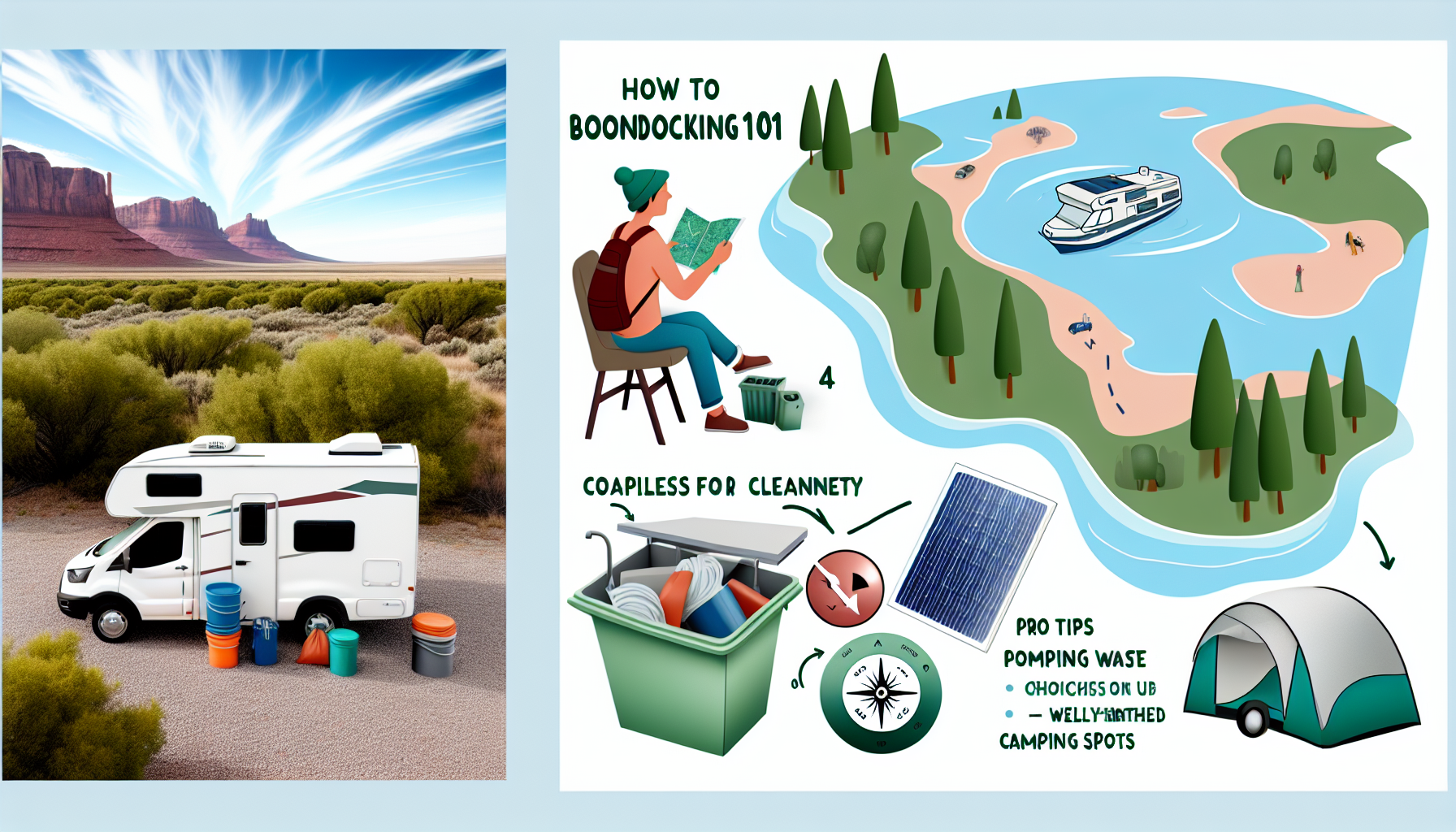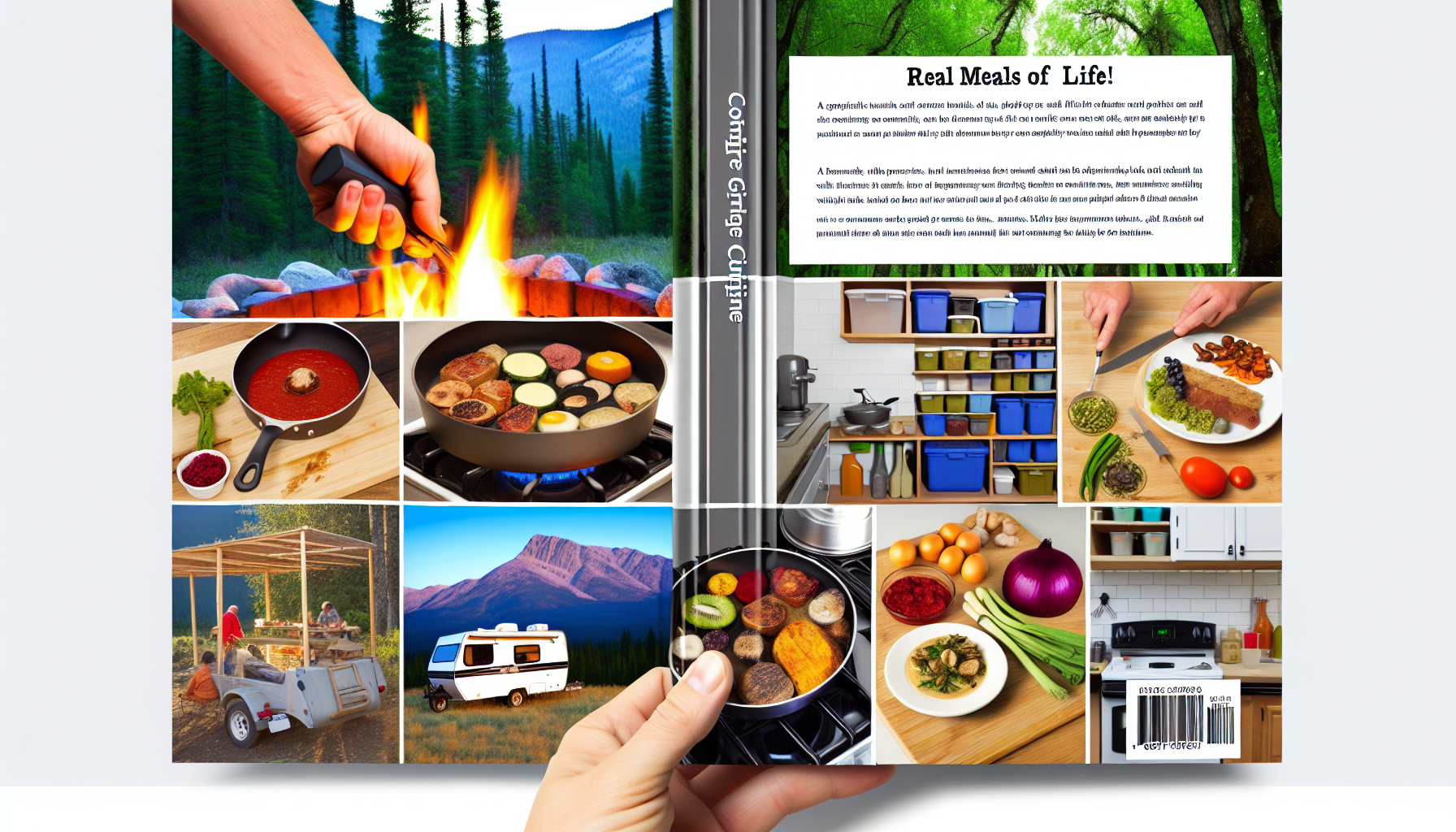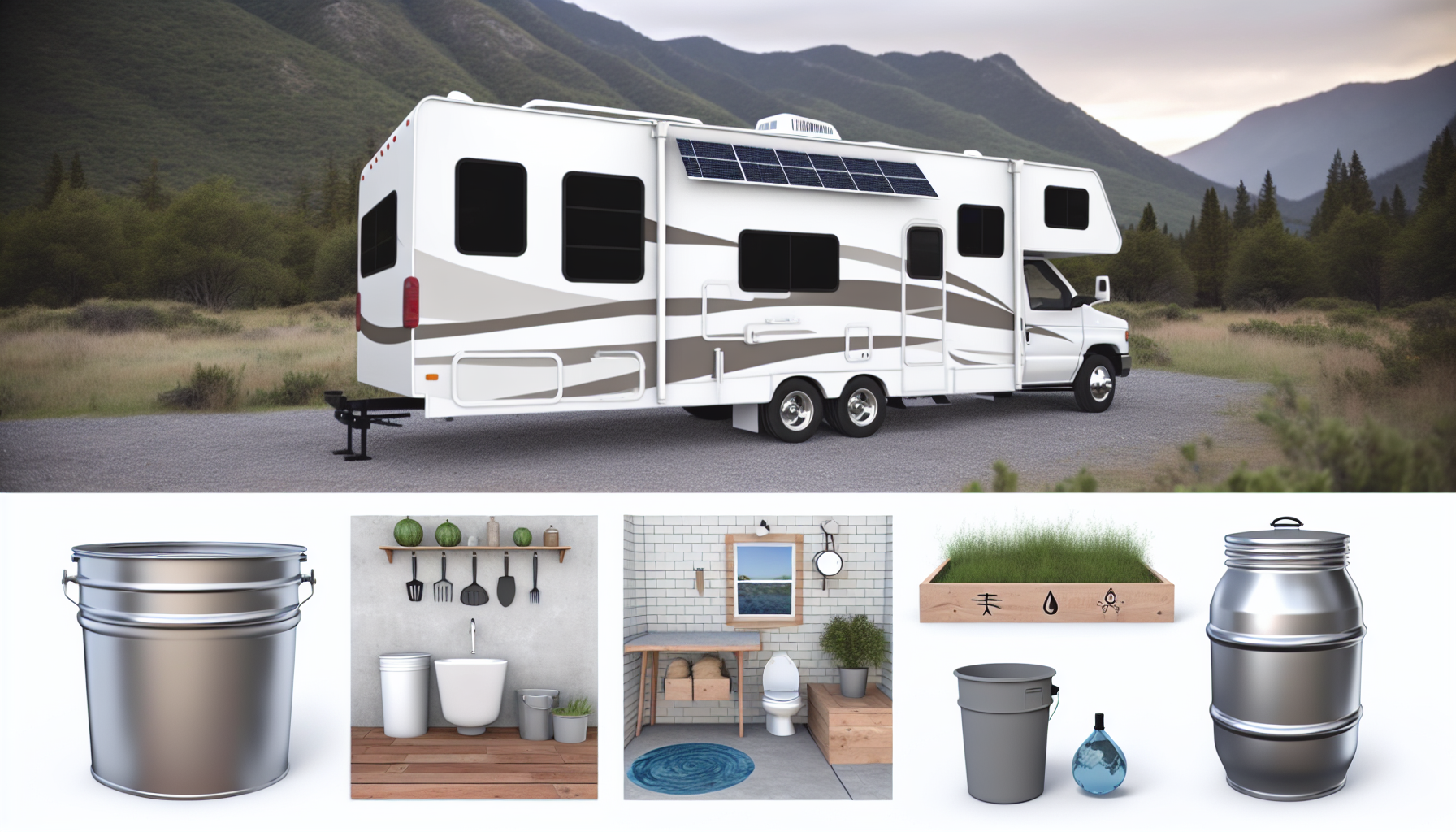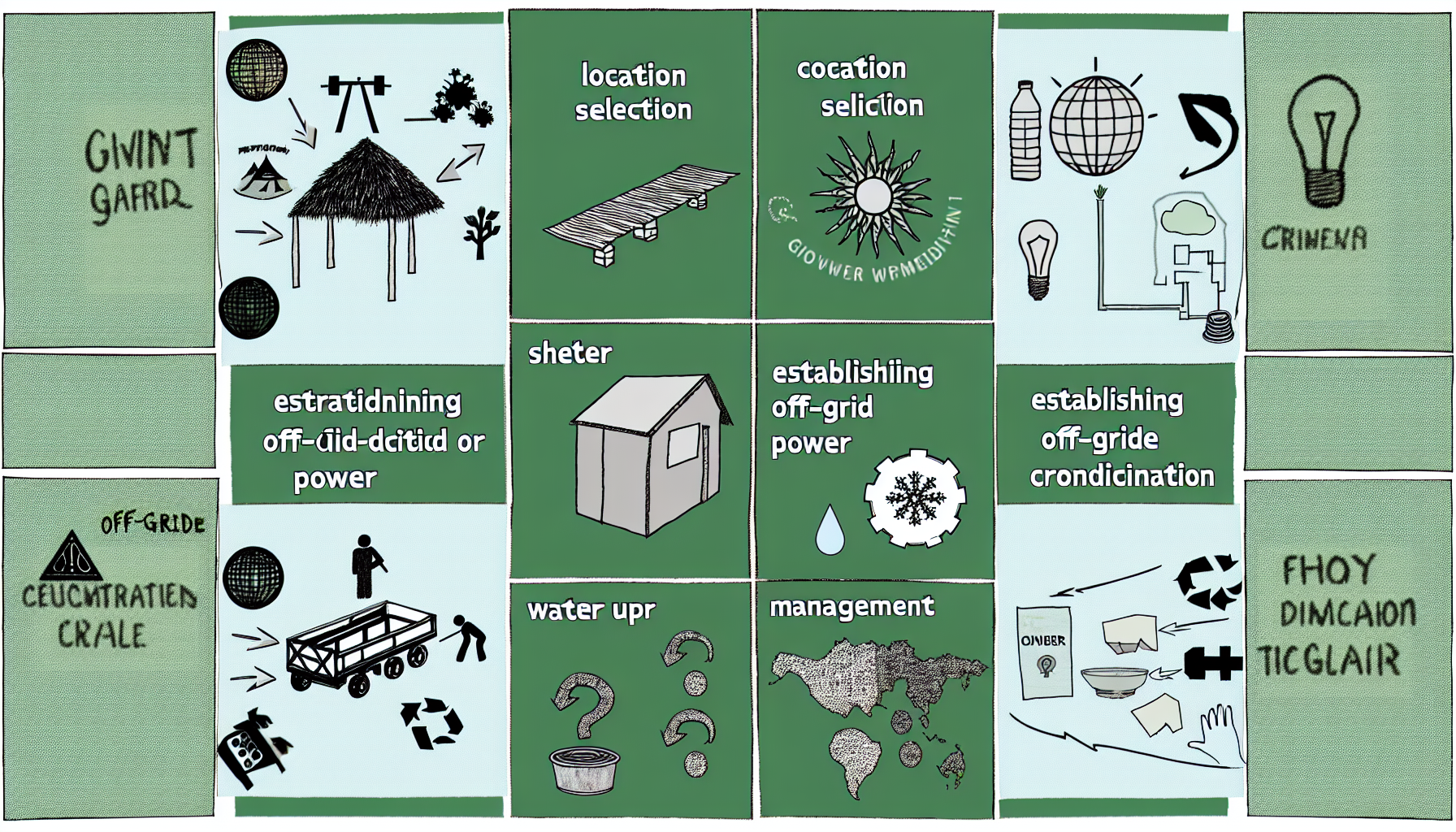Eco-Friendly RVing: Reduce Your Impact While Roaming
When Jake and Lila hit the road in their 28-foot RV, they had dreams of mountain views, quiet desert campsites, and coastal sunsets. But after a few months of travel, one thing became clear: their love for nature didn’t quite match the waste they were generating. From disposable packaging to excessive fuel use, their off-grid adventure started feeling like a burden to the environment they cherished. That’s when they made a change.
Eco-friendly RVing isn’t just a trend—it’s a mindful way to roam that balances comfort with sustainability. Whether you’re a weekend warrior or a full-time traveler, there are smart ways to explore with a lighter footprint. Here’s how to stay green while staying on the move.
1. Harness the Sun: Go Solar on the Road
Why It Matters:
Traditional generators burn fossil fuels and emit carbon monoxide. Switching to solar reduces emissions, noise, and fuel use.
What You Can Do:
- Install Solar Panels: Roof-mounted or portable solar panels can power your lights, fridge, and electronics.
- Use a Solar Generator: Clean, quiet, and rechargeable, solar generators like the Jackery Explorer or Bluetti AC200P are excellent alternatives to gas-powered options.
- Solar Water Heating: Compact solar showers or water heater kits can warm your water using only the sun.
Pro Tip: Monitor your power usage with an energy meter to make sure you’re not overloading your system.
2. Reuse Water, Responsibly: Graywater Recycling
Why It Matters:
Every drop counts when you’re traveling. Recycling graywater (used water from sinks and showers) reduces freshwater use and waste.
What You Can Do:
- Use Eco-Friendly Soaps: Biodegradable soaps are safe for the environment and essential if you plan to reuse graywater for flushing or irrigation.
- Install a Graywater System: Some RVs come equipped with basic recycling systems, or you can retrofit one using diverter valves and filtration setups.
- Limit Shower Time: Navy-style showers (wet, soap, rinse) use less than 3 gallons of water per use.
Pro Tip: Always empty graywater tanks in designated disposal areas to protect local ecosystems.
3. Cut the Plastic: Smart Swaps for Everyday Items
Why It Matters:
Single-use plastics contribute to pollution and take hundreds of years to decompose.
What You Can Do:
- Reusable Dishware: Ditch disposables for stainless steel or bamboo dish sets.
- Bulk Shopping: Buy dry goods in bulk using your own containers to reduce packaging waste.
- Water Filters: Use a refillable water jug paired with a filter like Berkey or LifeStraw instead of buying bottled water.
Pro Tip: Store collapsible silicone containers and reusable produce bags—they save space and reduce plastic waste.
4. Drive with Intention: Fuel-Efficient RV Habits
Why It Matters:
RVs are gas guzzlers by nature, but small changes in how you drive can significantly reduce emissions.
What You Can Do:
- Maintain Tire Pressure: Properly inflated tires improve fuel efficiency and safety.
- Lighten Your Load: Carry only what you need. Extra weight = extra fuel.
- Plan Routes Wisely: Avoid backtracking and high-traffic areas. Apps like Roadtrippers or RV Life help map efficient paths.
Pro Tip: Stick to 55–65 mph on highways—this is the sweet spot for better mileage in most RVs.
5. Waste Less, Enjoy More: Low-Impact Living on the Road
Why It Matters:
Reducing waste isn’t just about trash—it’s about creating a self-sufficient, sustainable lifestyle.
What You Can Do:
- Compost on the Go: Compact compost bins like the Bokashi system let you break down food scraps even while traveling.
- LED Lighting: Swap out old bulbs for energy-efficient LEDs—they use up to 90% less power.
- Smart Thermostats and Insulation: Keep your RV comfortable without running the AC or heater constantly.
Pro Tip: Keep a “zero-waste kit” with essentials like utensils, cloth napkins, and a travel mug to avoid using disposables on the road.
Eco-Conscious Products Worth Packing
- Solar Lanterns (e.g., MPOWERD Luci): Rechargeable, waterproof, and collapsible.
- Biodegradable Wipes (e.g., Surviveware): Great for quick cleans without harming the environment.
- Compostable Trash Bags (e.g., UNNI): Break down naturally and safely.
- RV-Safe, Non-Toxic Cleaners (e.g., Thetford EcoSmart): Clean your space without chemical runoff.
Freedom with Responsibility
Eco-friendly RVing doesn’t mean sacrificing comfort or convenience—it’s about making smarter choices that align with the natural beauty surrounding you. Jake and Lila found that with solar power, mindful driving, and a few key swaps, they not only reduced their impact but also deepened their connection with the places they visited.
The greener you roam, the greater your adventure.
Further Reading & Resources
- Leave No Trace Principles for RVers: Learn the fundamentals of minimizing your impact in nature.
- Go RVing’s Guide to Solar Power: A beginner-friendly breakdown of solar systems for RVs.
- EPA’s WaterSense Program: Resources on water-efficient products and habits.
- Zero Waste RV Living Guide: Real-life tips from full-time RVers reducing waste on the road.
- National Park Service Green Travel Tips: Official guidelines for eco-conscious travel in protected areas.








